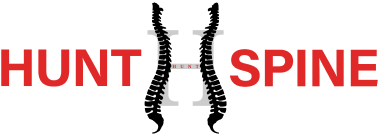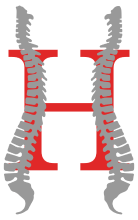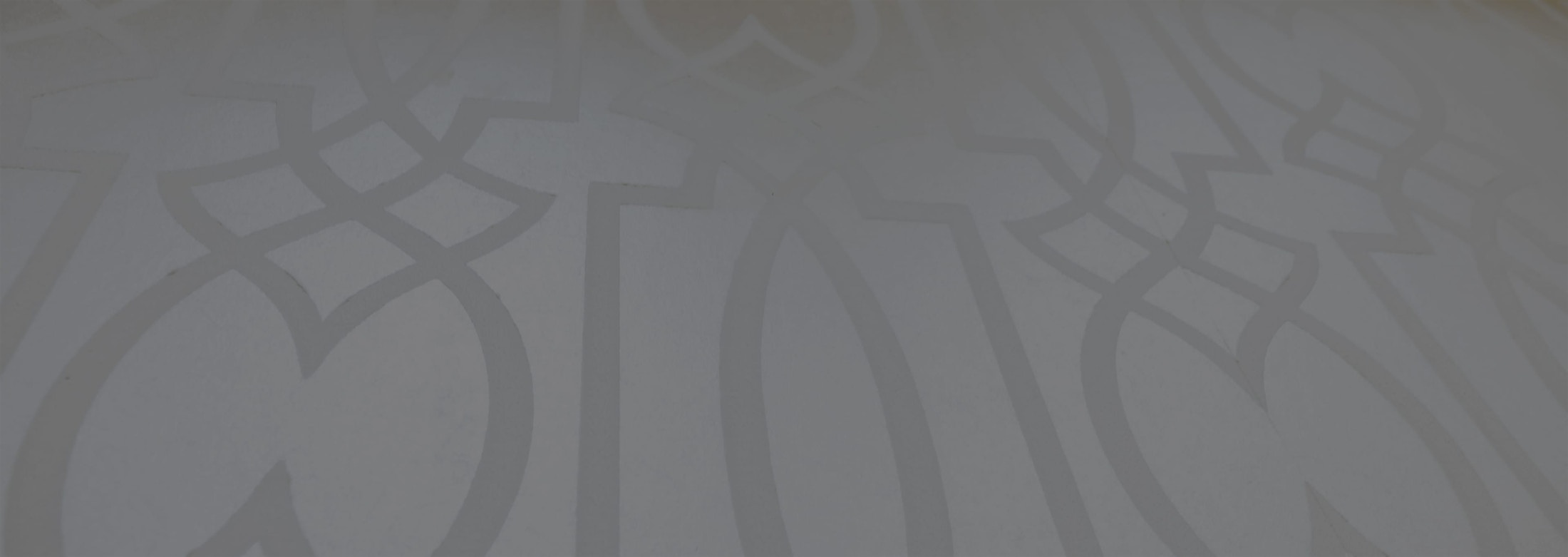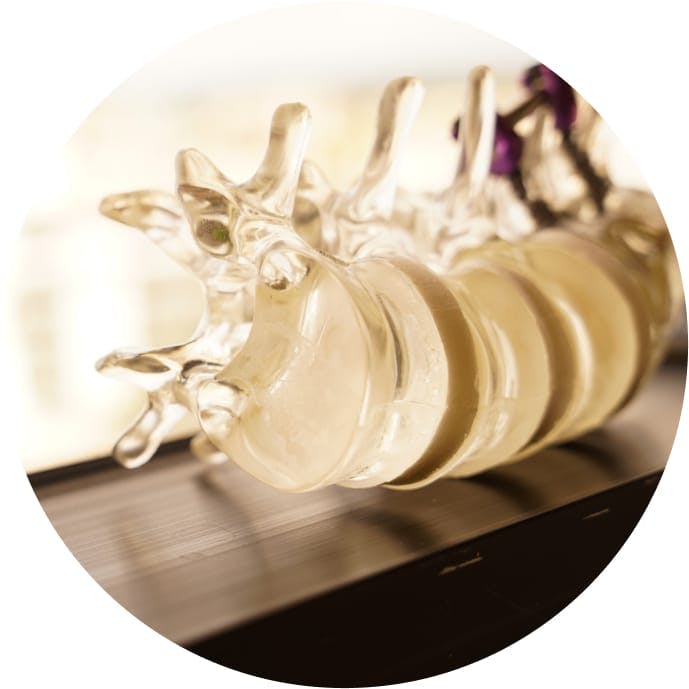Our neurosurgery in Los Angeles is far more than just brain surgery. In fact, most of a neurosurgeon’s time is devoted to the patient’s spine, treating neck, back, and leg pain. Neurosurgery consists of surgical procedures to treat disorders of the nervous system.
Neck Pain
The neck plays an important role for the body; it gives support to the head and houses arteries that supply blood to the brain from the heart. When neck pain occurs, it is most likely due to a problem in the vertebrae area. The vertebrae that may be affected include:
- Atlas, the first specialized vertebrae at the top of the neck and is the name of the bones that supports the globe of the head. The atlas is partly responsible for the nodding and rotation movements of the head.
- Axis is the second specialized vertebrae at the top of the neck. The axis with the atlas forms the joint that connects the skull and the spin. Unlike other vertebrae, the atlas and axis do not have disks between them and are shaped differently than the other bones of the spine.
- Cervical vertebrae, the seven bones of the upper spine, are usually identified by a letter and number (i.e., C-1, C-2, etc.). Together, they make up the bones of the neck.
There are several reasons neck pain can occur, such as aging, disc degeneration, disease, injury or trauma, misalignment of the bones of the neck, and stress. Depending on the cause and the severity, neurosurgical treatment options can range from non-operative to surgical.







